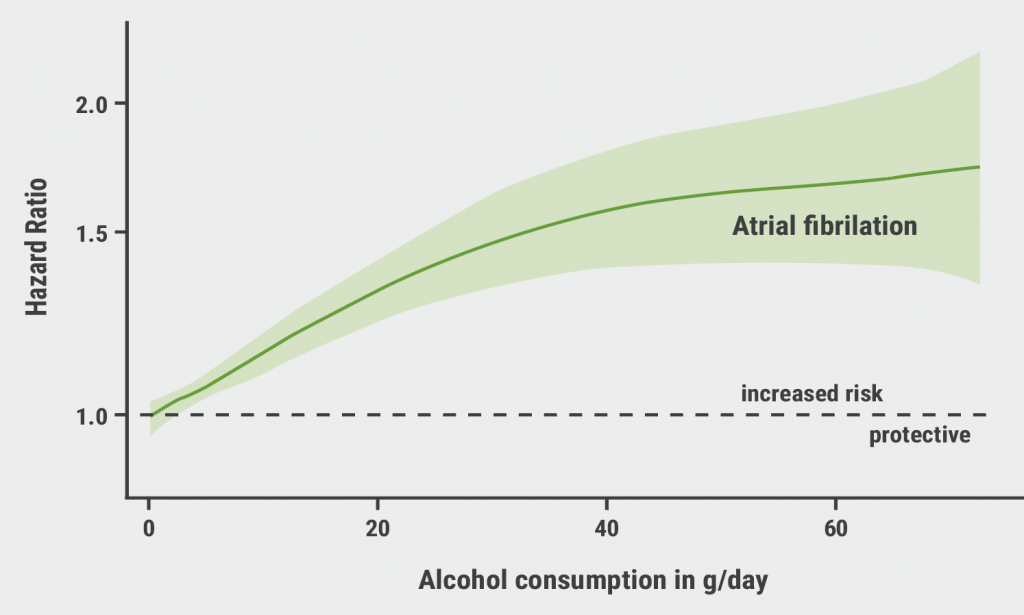https://doi.org/10.55788/9648a268
Prof. Faiez Zannad (University of Lorraine, France) explained that ProtheraCytes comprises a reproducible expansion of autologous CD34+ cells through an automated process. CD34+ cells are the most efficient cells to regenerate post-ischaemic myocardial damage. CD34+ cells are harvested from a patient’s peripheral blood, expanded in culture, and re-administered to the patient. The phase 1/2b EXCELLENT study (EUDRACT 2014–001476-63) is a randomised, open-label, blinded evaluation endpoint trial across 13 French and British centres [1]. The 77 participants were randomised to standard-of-care (SOC) alone (n=16) or SOC with ProtheraCytes (n=61). All participants had persistent LV dysfunction and high troponin levels 1 week following acute MI. The primary endpoint was the incidence of major adverse cardiovascular events (MACE) after 6 months.
The evaluable population consisted of 16 patients in the SOC group and 33 in the SOC with ProtheraCytes group. Heart failure hospitalisations occurred in 5 participants in the SOC group and in 1 participant in the SOC with ProtheraCytes group. No periprocedural events occurred in the SOC group, whereas 9 were reported in the SOC with ProtheraCytes group (4 tamponades, 2 pericarditis, 2 ischaemic strokes, and 1 arrhythmia), all of whom recovered. The mean change in hypersignal extension score at 6 months in all segments was significantly larger in the SOC with ProtheraCytes group (P<0.01). Favourable changes were also seen in LV dimensions and in NT-proBNP. There were no unexpected serious adverse events related to ProtheraCytes.
ProtheraCytes may improve reverse remodelling, as suggested by a significant improvement of the viability of segments, a positive trend of improvement in LV dimensions, and a faster decrease in NT-proBNP levels. Prof. Zannad said that a larger randomised-controlled phase 3 trial will evaluate the long-term anti-remodelling effect of ProtheraCytes.
- Zannad F, et al. Transendocardial injection of autologous expanded CD34+ Stem Cells (ProtheraCytes) promotes reverse cardiac remodeling in patients with left ventricular dysfunction after acute myocardial infarction. Late breaking clinical trials II, Heart Failure 2024, 11–14 May, Lisbon, Portugal.
Copyright ©2024 Medicom Medical Publishers
Posted on
Previous Article
« Sex-specific outcomes and resource utilisation after HF hospitalisation Next Article
Intravenous iron deficiency treatment improves exercise capacity in patients with HFpEF »
« Sex-specific outcomes and resource utilisation after HF hospitalisation Next Article
Intravenous iron deficiency treatment improves exercise capacity in patients with HFpEF »
Table of Contents: HFA 2024
Featured articles
Meet the Trialist: Innovating cardiac monitoring with MONITOR-HF
Trials: Pharmacology
Effects of semaglutide on MACE irrespective of HF status
SEQUOIA-HCM: Aficamten demonstrates clinical efficacy in obstructive HCM
ARIES-HM3 trial: Subgroup analysis in patients with prior need for aspirin
Three diuretic regimens compared in the DEA-HF study
Adding a mineralocorticoid receptor modulator in heart failure with CKD
SGLT2 Inhibitors
Empagliflozin did not reduce mortality for HF after MI regardless of T2D status
SGLT2 inhibitors decrease atrial fibrillation risk in patients with HFrEF
SGLT2 inhibition: Major and early impact on heart failure hospitalisation risk
Trials: Other
Individualised diuretic titration in acute HF without a physician
Intravenous iron deficiency treatment improves exercise capacity in patients with HFpEF
CD34+ stem cells promote reverse cardiac remodelling after acute MI
Registries
Sex-specific outcomes and resource utilisation after HF hospitalisation
Application of guideline-directed medical therapy in patients with HFrEF in the Netherlands
Devices
PAP-guided management system appears safe in patients with HF
Delivery of CRT guided by non-invasive anatomy assessment
RELIEVE-ing HFrEF with interatrial shunting
Miscellaneous
Algorithm-based remote patient monitoring was associated with lower mortality in a retrospective cohort study
High mortality and morbidity in suspected de novo HF in outpatient care
Bio-ADM as a marker for congestion in patients hospitalised for acute HF
Hypertonic saline not effective in ambulatory patients with heart failure?
No effect of low-dose carperitide on mortality or hospitalisation in acute HF
Related Articles
August 19, 2021
Delaying diabetes onset a target for heart-failure prevention

© 2024 Medicom Medical Publishers. All rights reserved. Terms and Conditions | Privacy Policy
HEAD OFFICE
Laarderhoogtweg 25
1101 EB Amsterdam
The Netherlands
T: +31 85 4012 560
E: publishers@medicom-publishers.com

